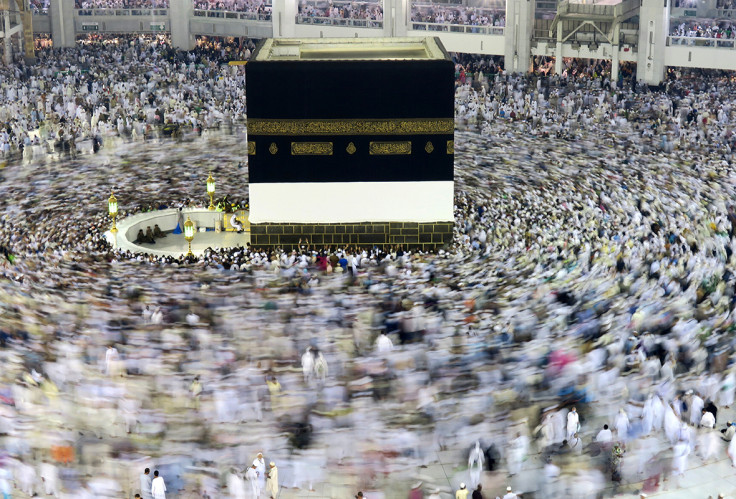Hajj 2016: Essential travel advice for Muslims making the pilgrimage to Mecca
Millions of people will make the journey to Saudi Arabia for the largest annual pilgrimage in the world.
Millions of Muslims will make the journey to the Saudi city of Mecca this week, in one of the largest annual pilgrimages in the world. Any large gathering of people will obviously raise health and security concerns, but efforts are being made to strengthen crowd management following last year's crush on the outskirts of Mecca, which led to 2,000 deaths.
In July, Saudi state media announced all pilgrims will be fitted with electronically tagged bracelets, which are connected with GPS and contain medical details in the event of an emergency. More than 1,000 security cameras have been installed at holy sites prone to overcrowding, so organisers can oversee capacity.
Ahead of this year's Hajj, here is other essential health and safety advice issued to all pilgrims travelling to the Saudi city.
The Saudi Arabia Ministry of Health recommends certain groups of people postpone the pilgrimage for their own safety, including: the elderly (over 65 years of age), those with chronic diseases, those with compromised immune systems, those with terminal illnesses, pregnant women and children under the age of 12.
Respiratory infections
Some respiratory infections risk being spread by large gatherings of people. In order to reduce this risk, the NHS advises certain health guidelines be followed, including washing hands with soap and water and use anti-bacterial gels, particularly after coughing or sneezing, avoiding hand contact with the eyes, nose and mouth, and wearing facemasks in public places.

Diarrhoea
Everyone is at risk of travellers' diarrhoea, which can lead to severe problems if an individual is already dehydrated. Eating raw, unpeeled fruit and vegetables or drinking contaminated water can led to diarrhoea. Rehydration salts and medicines for diarrhoea should be included in a first aid kit, along with plasters, antiseptic lotions and other essentials. For more advice about packing a first aid kit, visit the NHS website.
Temperatures
Temperatures in Saudi Arabia in September can reach over 40 degrees Celsius, which puts pilgrims at risk of sunburn, sunstroke, dehydration and heat exhaustion - which can be fatal. The NHS advises to became accustomed to the hot climate before undertaking Hajj and the rituals involved, as well as using sunscreen with a high factor and drinking plenty of water.
Vaccinations
Certain vaccinations are required for pilgrims travelling to Saudi Arabia, including for meningococcal meningitis. Pilgrims travelling from countries other than the UK may need the yellow fever or poliomyelitis vaccinations. Malaria can be a risk if pilgrims travel through a high-risk area. Both malaria and other mosquito-spread diseases can be prevented with the liberal use of insect-repellent.
© Copyright IBTimes 2025. All rights reserved.



















